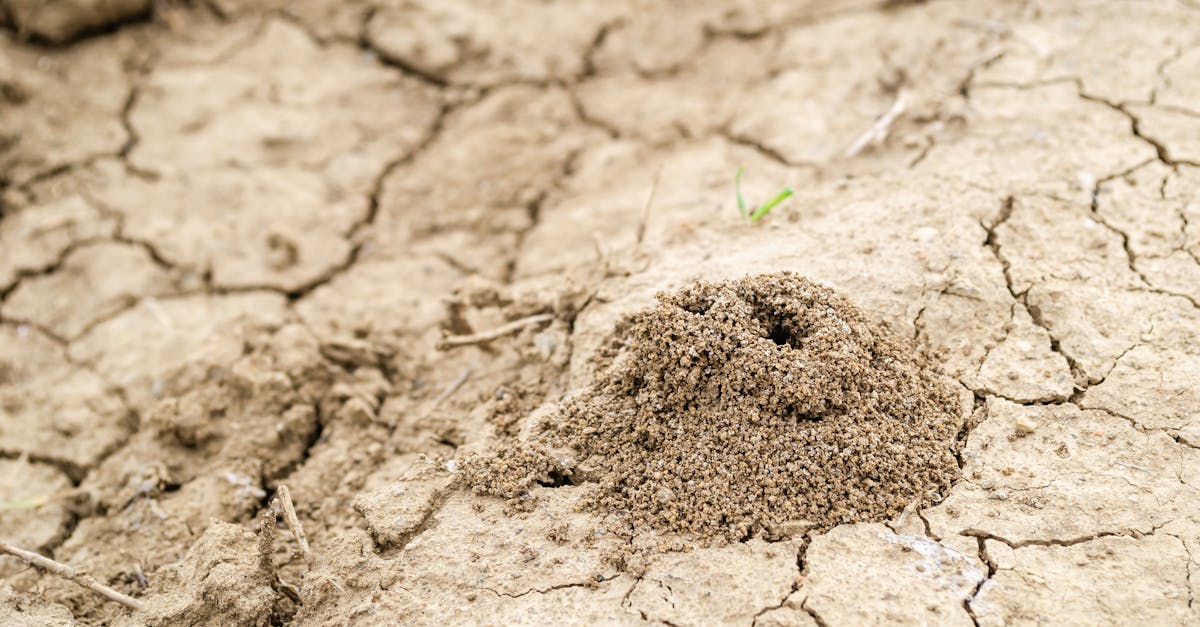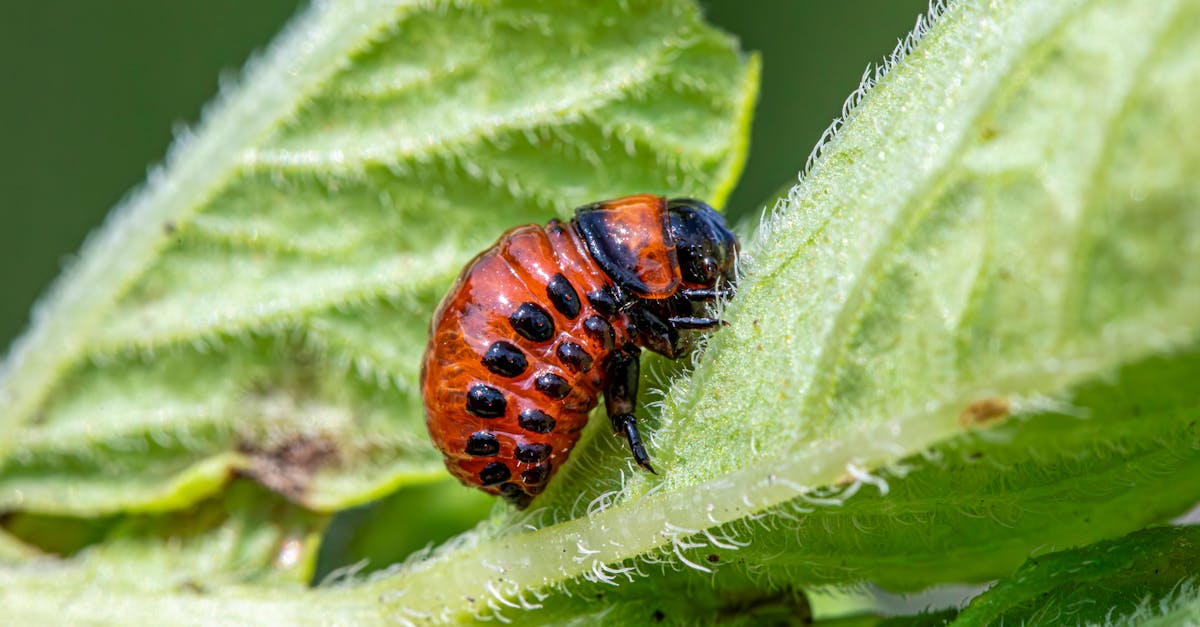Ants are often overlooked due to their small size, but these tiny creatures are some of the most fascinating and complex beings on Earth. Their intricate social structures, impressive problem-solving abilities, and surprising resilience make them a subject worth exploring. If you’re like me, you might have wondered what goes on in the world of ants. Let’s dive into some lesser-known facts about these incredible insects and uncover the hidden world of ants.
The Intricacies of Ant Societies
A World of Roles and Responsibilities
Ant colonies are highly organized societies with a clear division of labor. Interestingly enough, each ant has a specific role to play, whether it’s a worker, soldier, or queen. Workers are responsible for foraging, caring for the young, and maintaining the nest. Soldiers protect the colony from predators and rival ants. The queen’s primary role is to reproduce and ensure the colony’s survival.
What’s fascinating is that these roles are not rigid. Workers can switch tasks based on the colony’s needs, showcasing a remarkable level of flexibility and adaptability. This dynamic system ensures the colony’s efficiency and resilience.
Communication: The Ant Way
Ever wonder why ants seem to move in such coordinated patterns? The secret lies in their sophisticated communication system. Ants use pheromones—chemical signals—to convey messages to one another. When a forager finds food, it releases a trail of pheromones to guide others to the source. This chemical communication is so effective that ants can quickly mobilize large numbers to exploit food resources or defend their nest.
It dawned on me that this level of coordination is akin to a well-oiled machine, where every part works seamlessly together. It’s a testament to the power of collective effort and communication.
The Engineering Marvels of Ants
Building Impressive Structures
Ants are master builders, creating intricate nests that vary in complexity from simple soil mounds to elaborate underground cities. Some species, like the leafcutter ants, construct nests with multiple chambers connected by a network of tunnels. These chambers serve different purposes, such as nurseries, food storage, and waste disposal.
A little-known fact is that some ant species even practice agriculture. Leafcutter ants, for example, cultivate fungus gardens by feeding them chewed leaves. This mutualistic relationship benefits both the ants and the fungus, showcasing an advanced level of environmental manipulation.
The Power of Cooperation
One time, I observed a group of ants working together to move a large piece of food. It hit me that their strength lies in their cooperation. Ants can lift objects many times their own body weight, but it’s their ability to work as a team that truly sets them apart. This cooperative behavior extends to their nest-building activities, where thousands of ants work together to create and maintain their homes.
There’s something to be said for the power of teamwork, and ants exemplify this principle perfectly. Their collaborative efforts result in structures that are both functional and resilient, capable of withstanding various environmental challenges.
The Survival Strategies of Ants
Adaptation and Resilience
In my own life, I’ve often wondered how ants manage to thrive in such diverse environments. The answer lies in their incredible adaptability. Ants can be found in almost every corner of the world, from tropical rainforests to arid deserts. They have evolved various strategies to cope with different environmental conditions.
For instance, desert ants have developed the ability to navigate using the position of the sun and their internal biological clock. This allows them to find their way back to their nest even in the featureless desert landscape. What’s surprising is their ability to withstand extreme temperatures, showcasing their impressive resilience.
Defense Mechanisms
Ants have also evolved a range of defense mechanisms to protect themselves and their colonies. Some species, like the bullet ant, possess a powerful sting that delivers a painful venom. Others, like the weaver ants, use their strong mandibles to bite and their bodies to form living bridges and barriers.
Interestingly enough, some ants engage in chemical warfare. They can produce and release toxic substances to deter predators and rivals. This multifaceted approach to defense highlights their ability to adapt and survive in a competitive world.
The Ecological Importance of Ants
Ecosystem Engineers
Ants play a crucial role in maintaining the health of ecosystems. They act as decomposers, breaking down organic matter and returning nutrients to the soil. This process enhances soil fertility and promotes plant growth. Additionally, ants help with seed dispersal, ensuring the propagation of various plant species.
I was struck by the realization that ants are unsung heroes of the natural world. Their activities contribute to the balance and stability of ecosystems, making them indispensable to the environment.
Biological Pest Control
From my point of view, ants are nature’s pest control agents. They prey on various insects and pests, helping to keep their populations in check. For example, fire ants are known to prey on agricultural pests, providing a natural form of pest control that benefits farmers.
If I had to guess, I’d say that ants’ role in pest control is often overlooked. Their predatory behavior helps maintain the balance of ecosystems and reduces the need for chemical pesticides, which can have harmful environmental effects.
The Future of Ant Research
Uncovering New Insights
Ants have long been a subject of scientific research, and there’s still much to learn about these fascinating creatures. Researchers are continually uncovering new insights into their behavior, communication, and social structures. These discoveries have the potential to inform various fields, from robotics to artificial intelligence.
I’ve been meaning to delve into the latest research on ants, and what’s fascinating is the potential applications of this knowledge. For instance, studying ant communication and coordination could inspire the development of more efficient algorithms for network systems and autonomous robots.
Conservation Efforts
As we continue to learn more about ants, it’s essential to consider their conservation. Habitat destruction and climate change pose significant threats to ant populations worldwide. Conservation efforts are crucial to preserving these vital insects and the ecosystems they support.
Let me tell you, the importance of ants cannot be overstated. By protecting their habitats and promoting biodiversity, we can ensure the continued health and stability of our natural world.
A Call to Curiosity and Action
Ants may be small, but their impact on the world is immense. Their complex societies, impressive engineering skills, and crucial ecological roles make them a subject worth exploring. If you’re like me and have been struck by the hidden world of ants, I encourage you to learn more about these fascinating creatures.
Whether it’s observing ants in your backyard, reading up on the latest research, or supporting conservation efforts, there are many ways to engage with and appreciate the world of ants. So, the next time you see a trail of ants marching along, take a moment to consider the incredible complexity and importance of their tiny world.
In my experience, understanding and appreciating the natural world can lead to a deeper connection with our environment and a greater commitment to its preservation. Let’s celebrate the hidden world of ants and the remarkable contributions they make to our planet.
By exploring the hidden world of ants, we gain a greater appreciation for these small but mighty creatures. Their fascinating behaviors, impressive abilities, and crucial ecological roles remind us of the intricate connections that sustain life on Earth. So, let’s dive into the world of ants and uncover the wonders that lie beneath our feet. 🐜














